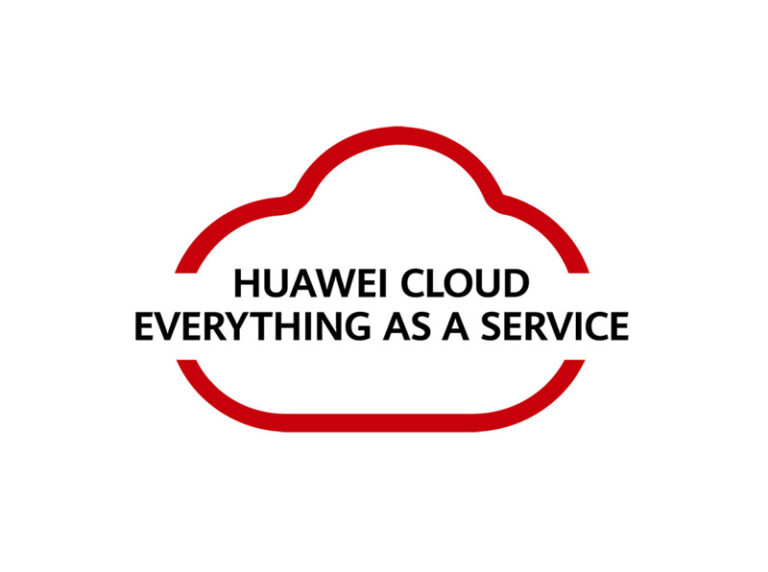Prior to Covid-19, the education sector in South Africa faced the challenge of having to rely on old, analogue methods of operation, with little thought given to technology. However, this changed during the pandemic, as technology suddenly became the key to ensuring the education process wasn’t halted in its tracks by the lockdowns.
Interestingly, notes Kwena Mokgohloa, Director of Technical Services at the University of South Africa (Unisa), education quickly became a leader in driving digital transformation, due to the necessity of not allowing the educational year to be disrupted.
“At Unisa, there was some use of collaborative tools like Teams, and the plan was always to move more strongly in a digital direction, but Covid accelerated our adoption of digital technologies by more than five years; we are today already at the point we only expected to be at around 2027,” he says. Without doubt, he adds, the cloud’s always-on availability has increased collaboration between staff members and stakeholders, which has boosted productivity and increased efficiencies.
He points out that due to the almost instantaneous shift that occurred with lockdown, Unisa needed a platform that was cloud-based, in order to effectively leverage these collaboration tools to the best of its ability. “Huawei came to the party here, investing heavily in the partnership and assisting us with a cloud journey that enabled us to continue to provide education, even in this challenging time.
“They were a perfect fit, because they are a global organisation that has already invested significantly in SA, had one of the first locally-sited datacentres and had clearly taken our country seriously from the start, by putting resources in place to help SA develop and fast-track the digital transformation process and the growth of the 4IR.”
A necessary journey
Mokgohloa explains that Unisa had, in fact, made the decision to move to the cloud in 2015, driven by its mandate, which includes providing education to students around the globe. He indicates that the university services some 400 000 active students worldwide, and needed to cater for them and deliver quality content.
“So for us, cloud was an obvious choice and a necessary journey. It was a case of how and when we move, not if. Of course, it was not without challenges, such as needing to replace certain infrastructure and redevelop some applications to work effectively in the cloud.
“We had challenges around some legacy systems that didn’t integrate properly or could not be moved to the cloud, so Huawei undertook an assessment of our environment, which helped inform us of how much we needed to invest to achieve our strategic direction. This enabled us to find solutions that were cloud-ready, and has also positioned us to begin testing the use of a learning management system (LMS) in the cloud, he adds.
Huawei actually has an effective LMS, known as ULearning, adds Thomas Huang, Sales Director: Key Accounts & State-Owned Enterprises at Huawei Cloud South Africa, which supports course creation, teaching, learning, management, examination, evaluation and data analytics. More than this, the solution utilises AI-powered tools to create smart classrooms, thereby delivering a holistic solution to assist learners, trainers, facilitators and management.
“At Huawei Cloud, we believe in acquiring strategic partners in key industries, with education being one of the crucial sectors. We see our role as providers of the technology and creators of an enabling environment, and, once we have this in place, we work closely with partners like Unisa to meet their needs and the requirements of the sector,” Huang says.
Partnership mentality
“Accountability is important to us, which is why we always work hand-in-glove with our partners to deliver a better service to their end-customers. This closeness to our partners is certainly a differentiator for us. Moreover, while we walk the cloud journey with them, should something go wrong, the company is willing to dig in beside our partner and assist them to overcome any challenges that arise.”
Mokgohloa says what he likes about Huawei is that the company has a partnership mentality; it’s certainly not a traditional customer/service provider relationship. He suggests that the two organisations always work closely together, explaining that they are the perfect partner because they are solutions-driven, which makes them the ideal partner to help Unisa fulfil its long-term technology strategy.
“We believe strongly in digitisation, because we now live in a society where young people are less conformist and want to undertake their studies in new ways. In particular, they want to study at the institution of their choice, but they don’t necessarily want to attend a physical structure. This is where cloud demonstrates its true importance to education: it opens up the field to people around the globe who can attend lectures and write exams online.
“This is why I’m especially excited about digitisation, as it means education is no longer confined to a physical institution; it’s only about the content and how you consume it. I believe digital transformation is truly democratising education and we, as Unisa, look forward to genuinely embracing this digital future, and we are proud to partner with Huawei as we move forward,” he concludes.
Click here to start your Huawei Cloud journey.
Contact details: [email protected] or LinkedIn

